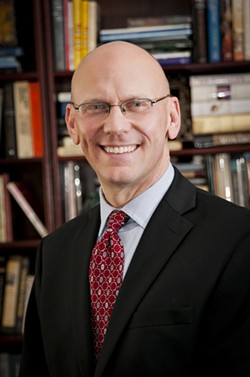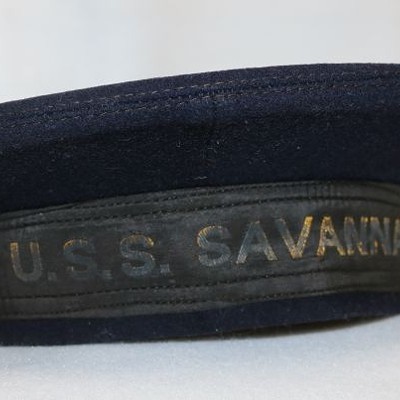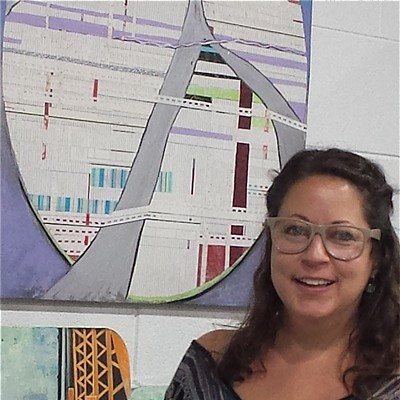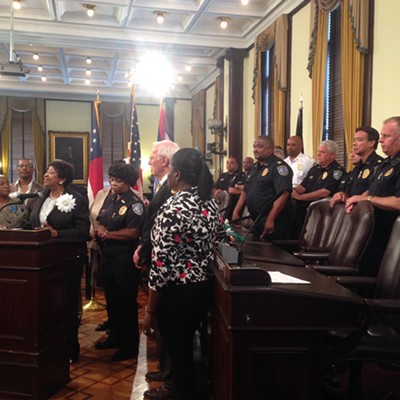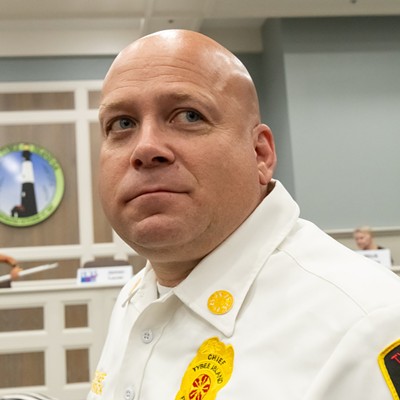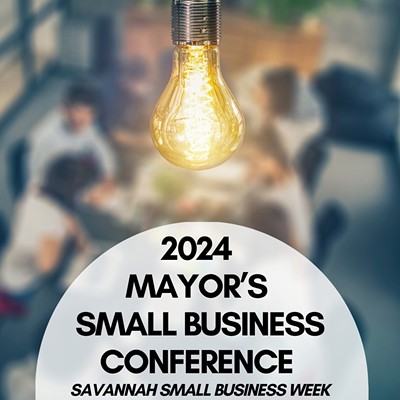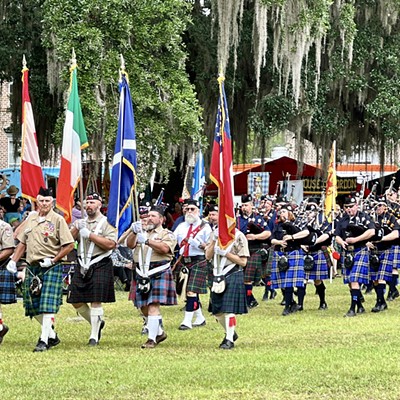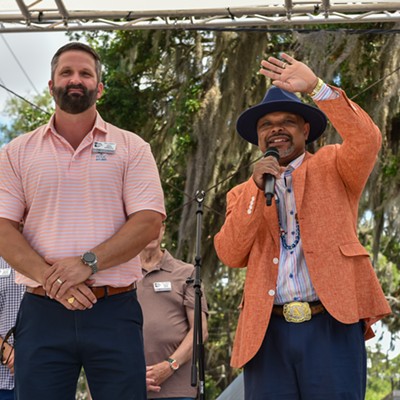SAVANNAH is the topic of many a story. From General Sherman refusing to burn the city to "The Book" and everything in between, our city has been written about nearly too many times to count.
Luckily for us, Roger Smith has been counting. He’s partnered with the City of Savannah’s Hungry for History? lecture series to present “Savannah’s Literary Legacy,” a collection of stories about Savannah.
Smith serves as the director of the Learning Center of Senior Citizens, Inc., a humanities education program for people over age 55. We caught up with him ahead of Monday’s lecture.
Tell me about your presentation you’ve put together.
Roger Smith: That topic pulls together a couple of my passions. One is that, for years, I was an American literature teacher. I know my way around texts! Fiction, nonfiction, anything in prose or poetry. Then add in having lived in Savannah my entire life and a fifty-year-long love affair with my hometown.
What are some fun stories you learned about Savannah?
There is a literature about Savannah and Georgia that predates even the founding. It’s a significant body of promotional literature—you might call it propaganda–by James Oglethorpe. It’s just wild assumptions people make with no basis for this knowledge. It’s kind of entertaining in retrospect. We know facts about life here that people were either ignoring or lying about just to get people to come here.
Then of course, in the 19th century, there’s literature written about and in Savannah that puts a much kinder face on slavery than it deserved. For example, the English writer William Makepeace Thackery—he’s probably best known for Vanity Fair—had a tremendously successful life on the lecture circui and made two lecture circuits to the United States.
In the 1850s he gave lectures in Savannah and made observations that today are really disappointing. He was painting slavery and the life of enslaved people with a soft brush, and we know better. It was very complimentary of Savannah, but he folds into that the peaceful and comfortable life of enslaved people.
Then in the 20th and 21st centuries, we have voices that you would call sensational. For example, John Berendt writing Midnight in the Garden of Good and Evil and the way he was painting Savannah obviously has quite tangible economic benefits for our city, but let’s be honest, even though that’s classified as non-fiction, some of that stuff, we know better.
There are 20th century voices like the poet Aberjhani who writes in a really cutting way about the ongoing, shall we say, two Savannahs. Savannah is not today completely free of its racist past. There’s lots of work to do and facts to confront about our postcard-perfect city. There’s still an underclass, there’s still “this side of the tracks, that side of the tracks.”
Voices like [Aberjhani’s] help us remember that we are living in a real city. We’re in love with the carriage rides and fail to realize there is a real city here. Even those cobblestones we love were laid there by people of color. There’s a charming, quaint side and there’s a, dare I say, brutal side.
Tell me about your work with the Learning Center.
I went to work for Senior Citizens, Inc. twelve years ago and the Learning Center was the project that I was hired to build. I went to work in the midpoint of 2006 and the Learning Center opened in 2007.
Basically, yes, it was created under Senior Citizens, Inc. and it serves primarily retired people, but the programming there is all humanities, all the time. Any course or lecture or travel program that has to do with arts, literature, arts history...anything under the umbrella of the humanities. It’s the job of a lifetime. I get to create it all!
The thing I want people to understand about the Learning Center is that anything you can think of that’s stereotypical about older adult education, like preventing falls, that is not what it is at all. Too often we fall into this patronizing, condescending habit of reminding people that they’re old. It’s not respectful. We never plan our programming because of the age of our audience—we would invite 30 year-olds if they were interested and not at work!

